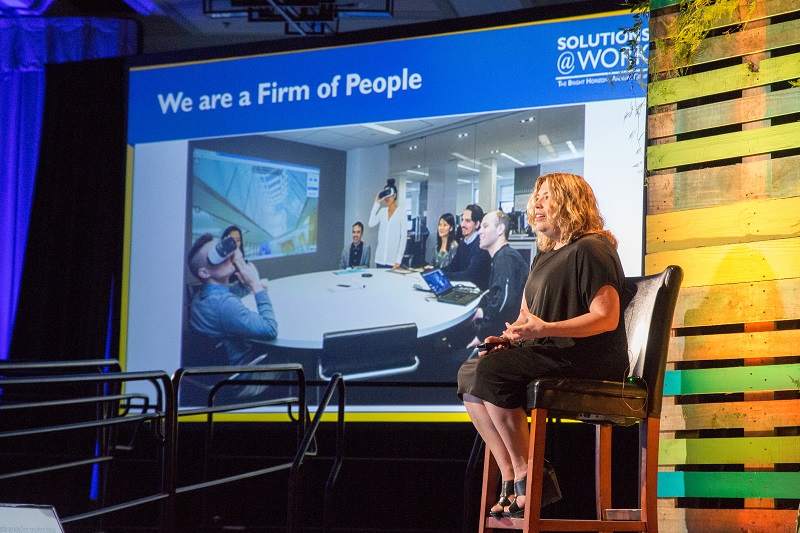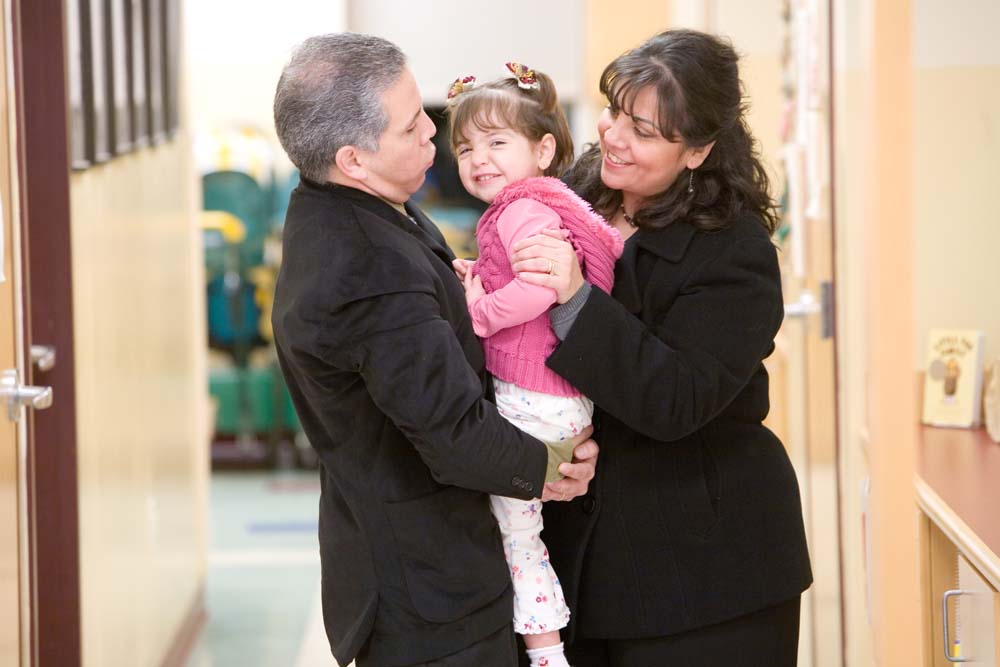No matter what their country of origin or racial background, virtually all working parents face the same challenge: The search for quality child care. For black families in the U.S., the common historical belief is that the family is the primary resource for child care support. In the 2006 study The Child Care Patterns of White, Black, and Hispanic Children, researchers Jeffrey Capizzano, Gina Adams, and Jason Ost turn this assumption on its head.
Of the three groups they studied, black children (at 44 percent) were exceedingly more likely than white (32 percent) or Hispanic (20 percent) children to have center-based care as their primary arrangement. The researchers investigated the amount of time each group spends in nonparental care and found that black children spend significantly more time than their counterparts. Sixty-four percent of black children, as compared to 43 percent of Hispanic children and 40 percent of white children, spend at least 35 hours a week in nonparental child care. These patterns hold true regardless of family income or primary caretaker education.
The work of the researchers, coupled with an earlier study (No More Kin Care? Changes in Black Mothers' Reliance on Relatives for Child Care, 1977-1994), shows that the reliance on relatives for primary child care in black families has declined significantly. Karin W. Brewster and Irene Padvic, researchers of the earlier study, found that in 1977 just more than half of black mothers relied on relatives for child care, compared to just more than one-third in 1994. Moreover, their data show that college graduates were 68 times less likely to rely on family members than those who did not graduate from high school.
Together, the eye-opening research challenges common notions about the child care patterns of black families. In addition, their work charges us as human resources professionals and providers of work/life solutions to widen our perspective when developing programs for all families and to continue to include the voice of working parents when choosing to respond to the child care needs of the workforce.
Of the three groups they studied, black children (at 44 percent) were exceedingly more likely than white (32 percent) or Hispanic (20 percent) children to have center-based care as their primary arrangement. The researchers investigated the amount of time each group spends in nonparental care and found that black children spend significantly more time than their counterparts. Sixty-four percent of black children, as compared to 43 percent of Hispanic children and 40 percent of white children, spend at least 35 hours a week in nonparental child care. These patterns hold true regardless of family income or primary caretaker education.
The work of the researchers, coupled with an earlier study (No More Kin Care? Changes in Black Mothers' Reliance on Relatives for Child Care, 1977-1994), shows that the reliance on relatives for primary child care in black families has declined significantly. Karin W. Brewster and Irene Padvic, researchers of the earlier study, found that in 1977 just more than half of black mothers relied on relatives for child care, compared to just more than one-third in 1994. Moreover, their data show that college graduates were 68 times less likely to rely on family members than those who did not graduate from high school.
Together, the eye-opening research challenges common notions about the child care patterns of black families. In addition, their work charges us as human resources professionals and providers of work/life solutions to widen our perspective when developing programs for all families and to continue to include the voice of working parents when choosing to respond to the child care needs of the workforce.





